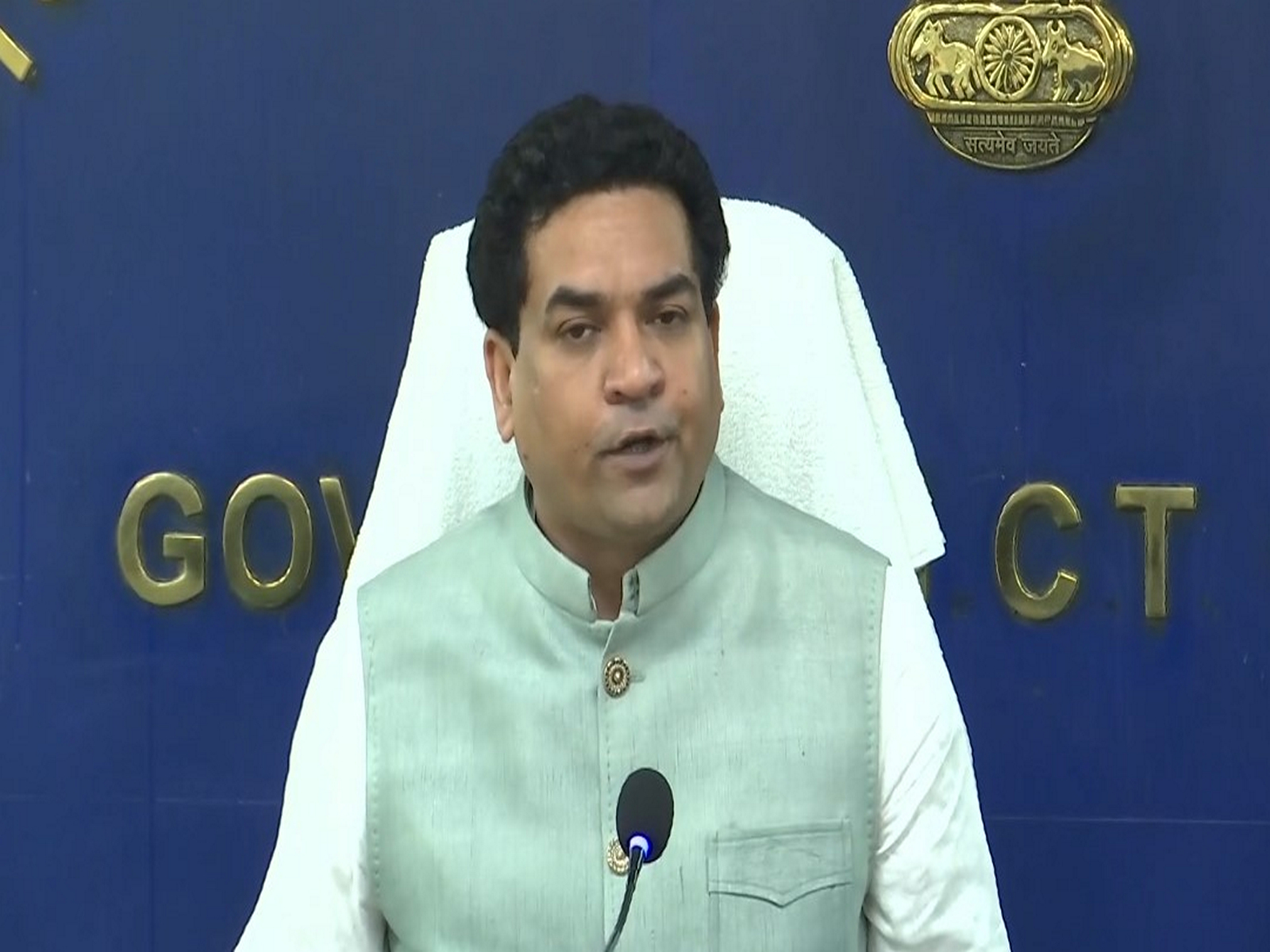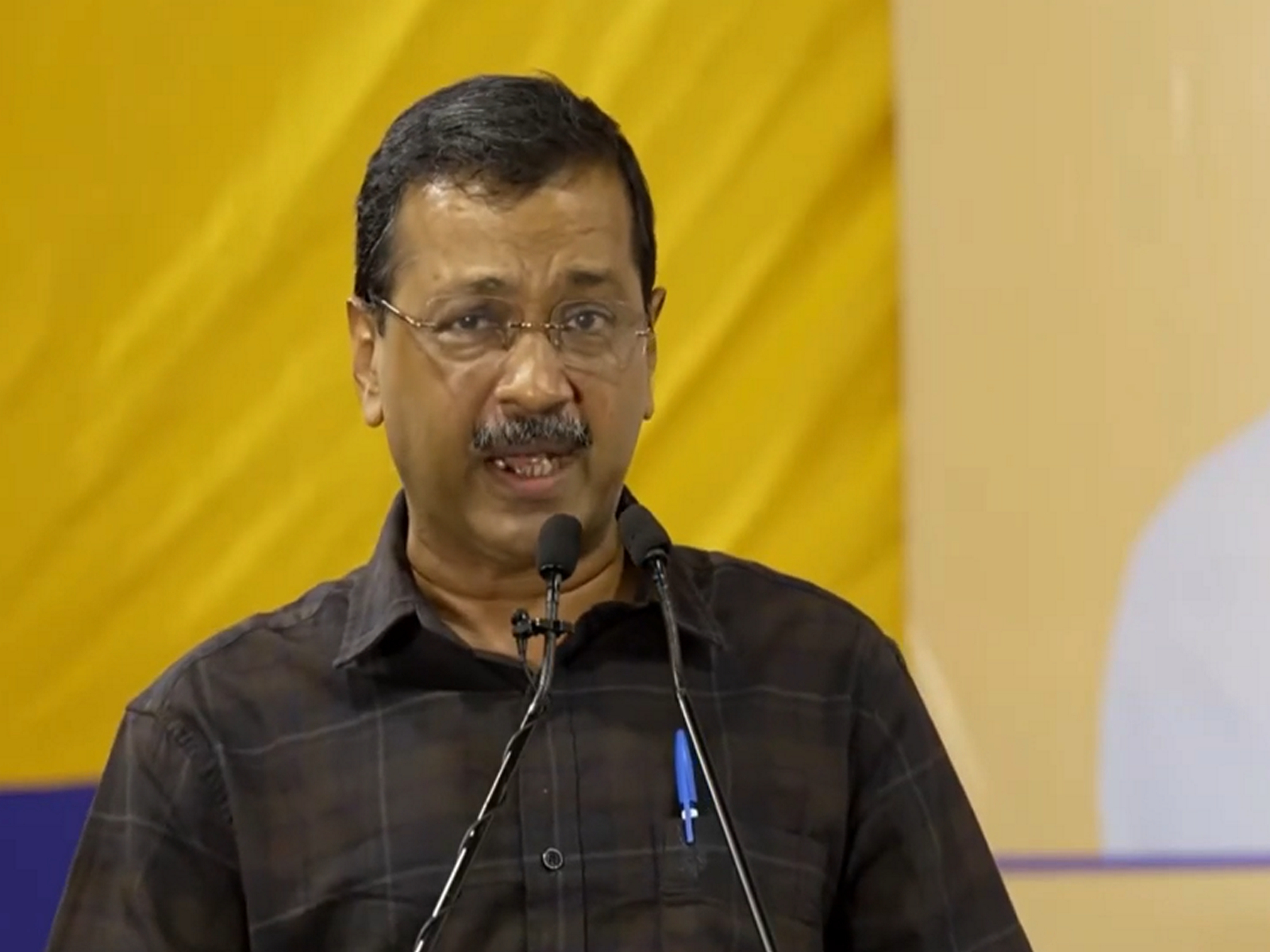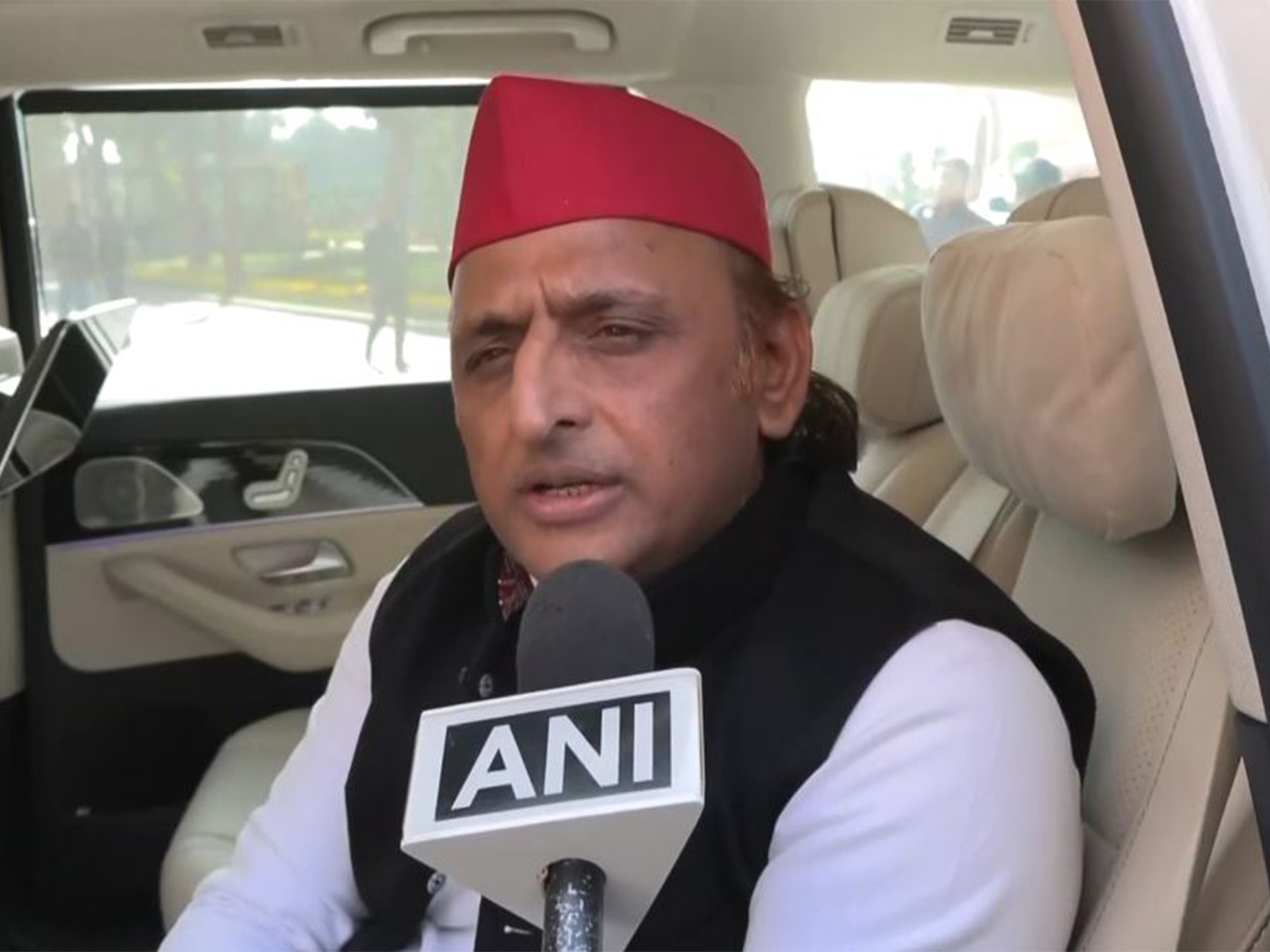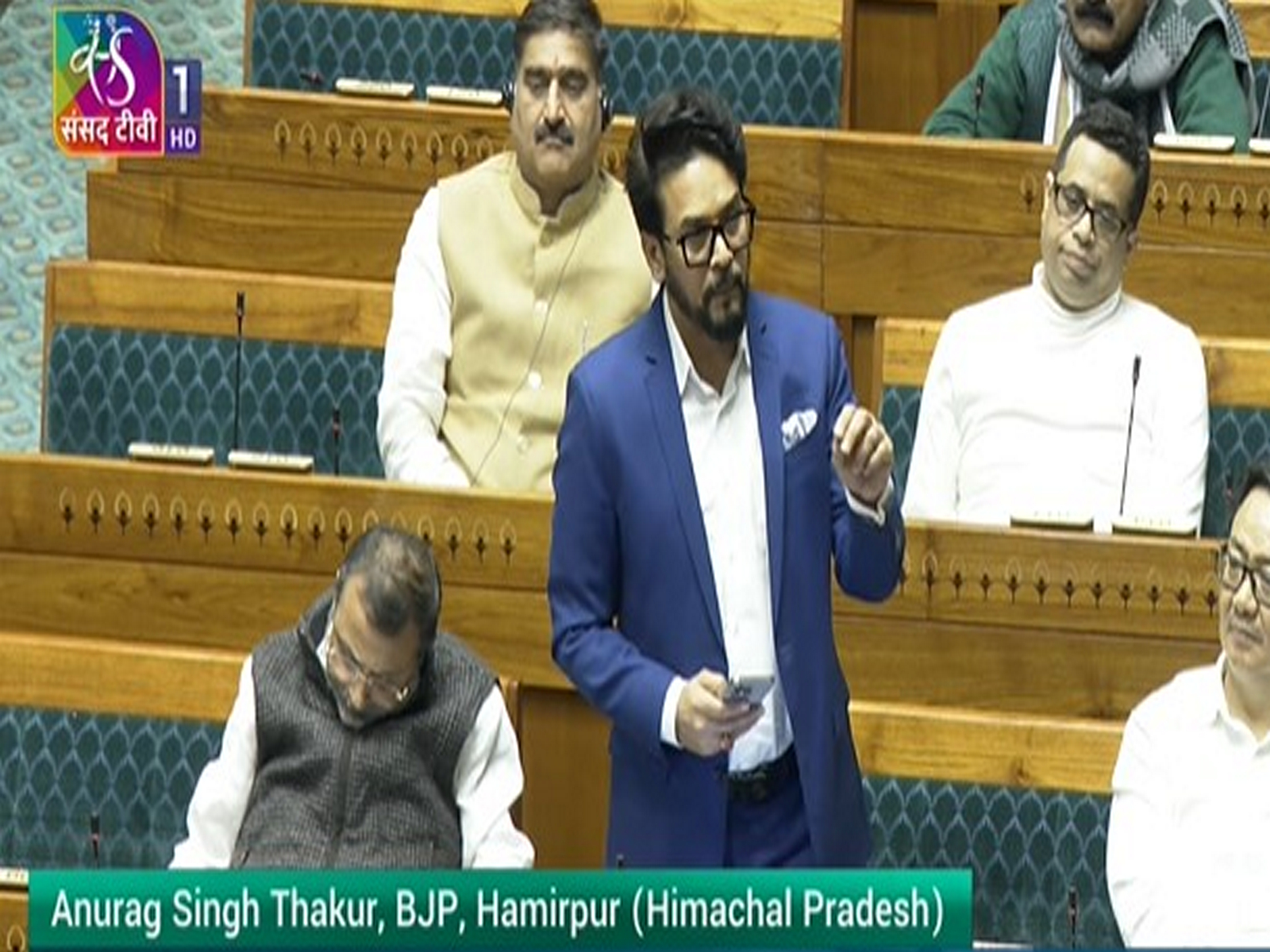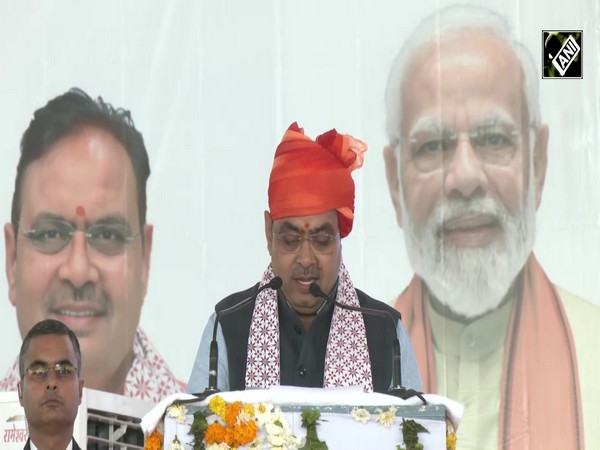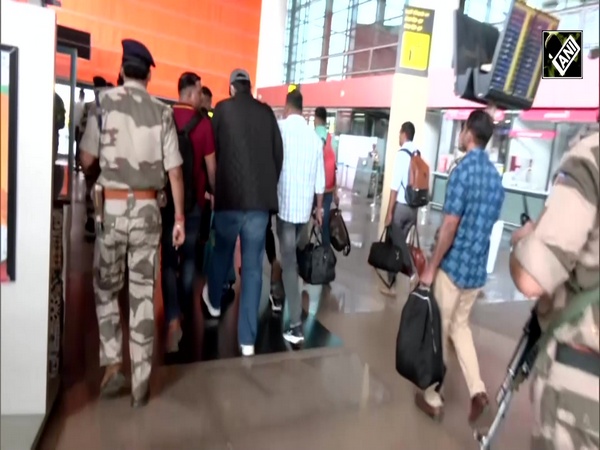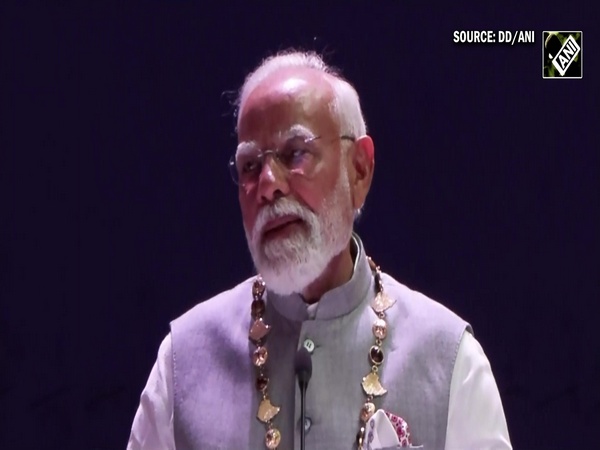Sri Lanka: Court extends travel ban imposed on former Central bank Governor
May 05, 2022

Colombo [Sri Lanka], May 5 : The Colombo Chief Magistrate's court on Thursday further extended the travel ban imposed on former Central Bank Governor Ajith Nivard Cabraal.
In the notice issued, Additional Magistrate Harshana Kekunawala ordered Cabraal to appear in court on May 23.
Cabraal is facing a legal challenge after a case was filed against him in court by a former Southern Province governor through a private plaint filed under the Code of Criminal Procedure Act.
On April 18, the Colombo chief magistrate issued an order to extend the travel ban on Cabraal to May 2, after a previous travel ban imposed on him expired.
Cabraal, on April 7 was issued a notice to appear before the court on May 2, however, the hearing was adjourned as the day was declared a public holiday by the government.
The local media reported that the Court made this order pursuant to a request made by former Southern Province Governor Rajith Keerthi Thennakoon through a private plaint filed in terms of section 136(1)(a) of the Code of Criminal Procedure Act.
The petitioner in his complaint said that Cabraal is responsible for the country's crippling economic crisis since he took measures to pay a 500 million US dollar sovereign bond.
The petitioner stated that the Central bank of Sri Lanka had incurred losses between Rs 10.4 - 10.6 Billion from 2005 to 2015 to the Sri Lanka Government, whilst Ajith Nivard Cabral was the head of the Central bank.
He alleged that Cabral has committed a punishable offence under section 388 of the Penal Code for criminal breach of trust and is also liable for committing offences under the Registered Stock and Securities Ordinance, the Daily Mirror reported.
Cabraal was appointed as the central bank governor in September 2021 and resigned from his position in April after the resignation en masse of cabinet ministers. Cabraal has been under criticism partly for his reluctance to seek assistance from the International Monetary Fund (IMF) while lacking foreign currencies has led to fuel shortages and hours-long power cuts in the country.




